42 Tools All Speedy Front-End Developers Use
Every developer has a preferred way to code.
Some use only the basics – a text editor and a browser. Others like to incorporate apps, platforms, and tools to make sure everything gets done.
If you fall in the latter category, you’re probably always on the lookout for the next best tool to aid your projects. After all, who doesn’t love something that can reduce your time and increase your productivity?
That’s why we’ve put together a list of the best development tools for those who want to get things done quickly and efficiently.
Take a look.
Source Control

GitHub – GitHub is probably the most well known platform, but not everyone uses it. But if you’re looking to build a site efficiently (especially a static site) then GitHub is perfect. It includes a source-code browser, in-line editing, wikis, ticketing, and more. The best part is that it’s completely open source (that means free!).
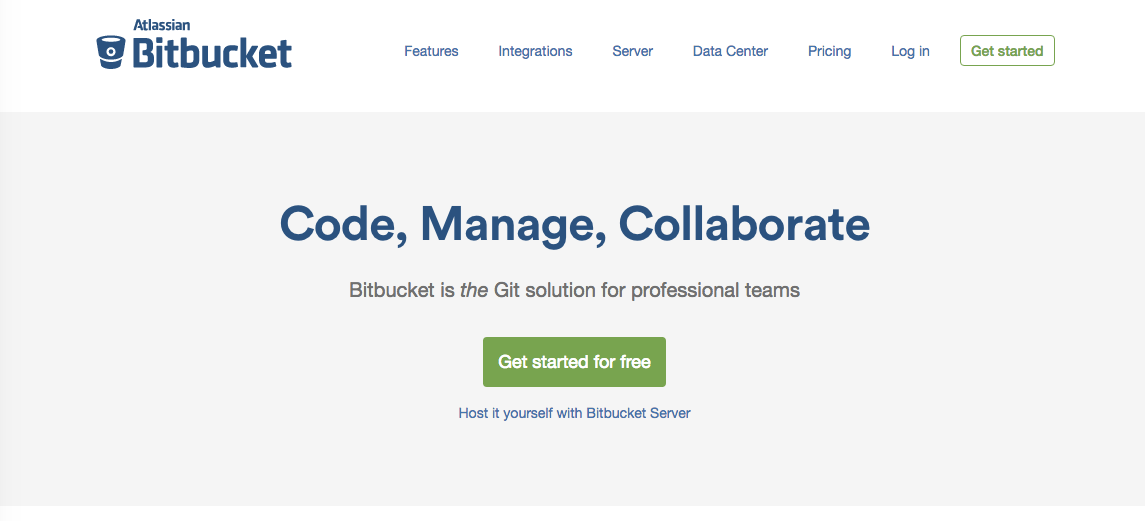
Bitbucket – Bitbucket is another free source code host. It’s a distributed version control system that makes it easy for you to collaborate with your team. Approve code review with pull requests, use flexible deployments models, and take advantage of their private and public repositories.
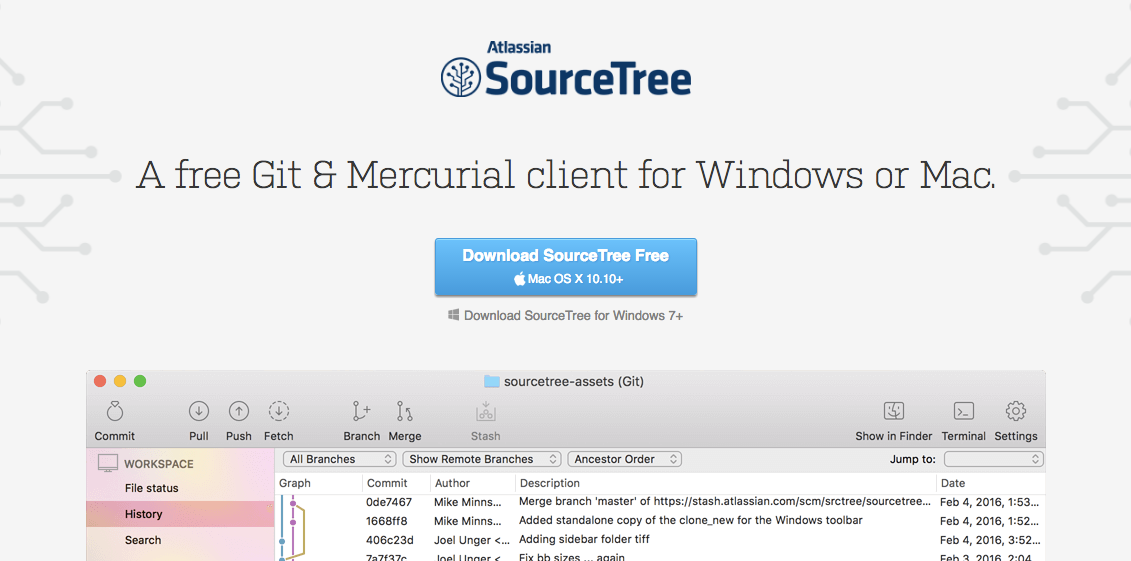
SourceTree – Whether you’re a newbie developer or you just love using Mac, SourceTree is a free Mac client for Git and Mercurial version control systems. Manage all your repositories, hosted or local, through SourceTree's simple interface.
Other Options
Versions – Another subversion Mac client
Tower – Another Git client for Mac.
Development Platforms

Heroku – Heroku is a popular platform as a service (PaaS) that enables developers to build, run, and operate applications entirely in the cloud. Build, manage, scale, and deploy great apps quickly, without needing to worry about updating or patching.
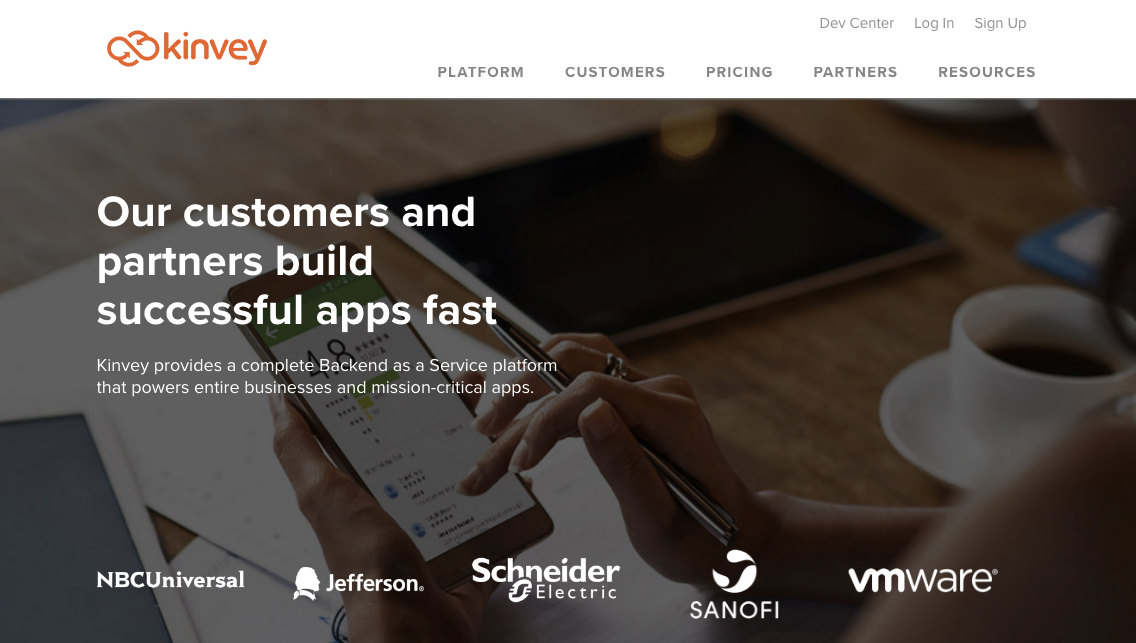
Kinvey – If you’re more interested in mobile app development, Kinvey is a back end as a service (BaaS) provider that makes it easy for developers to set up, use and operate a cloud backend for their mobile apps.
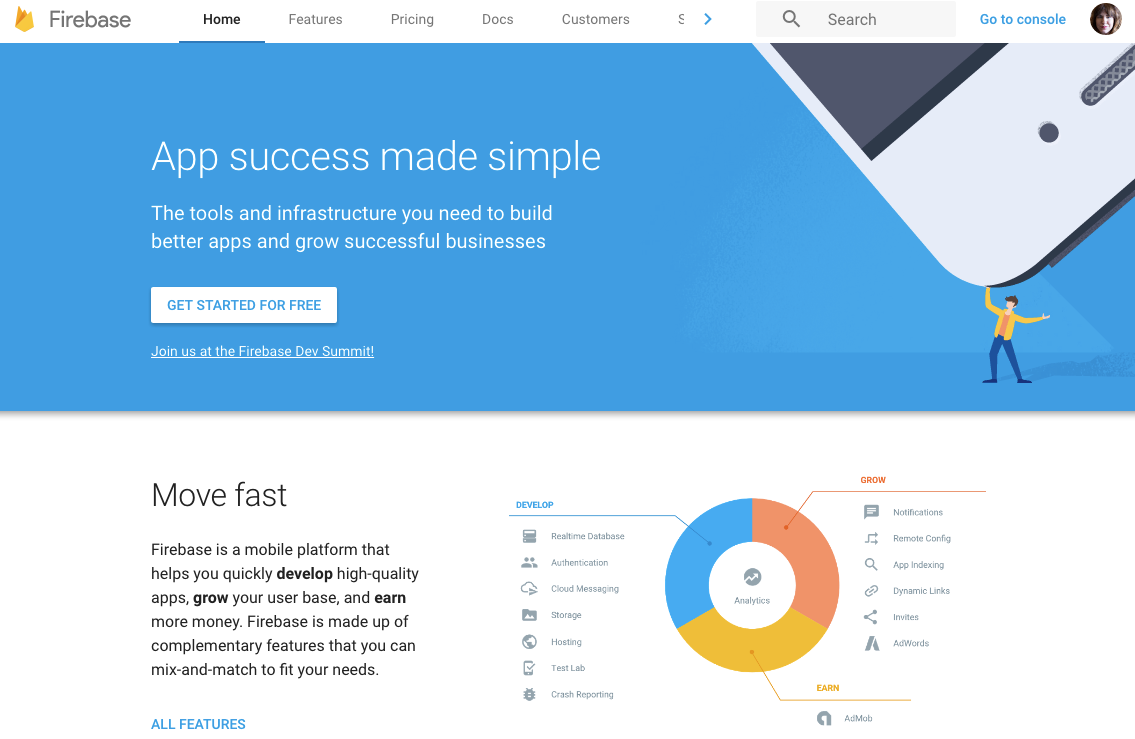
Firebase – Another BaaS, Firebase is a scalable real-time backend for your website. It’s made up of complementary features that you can mix-and-match to fit your needs.
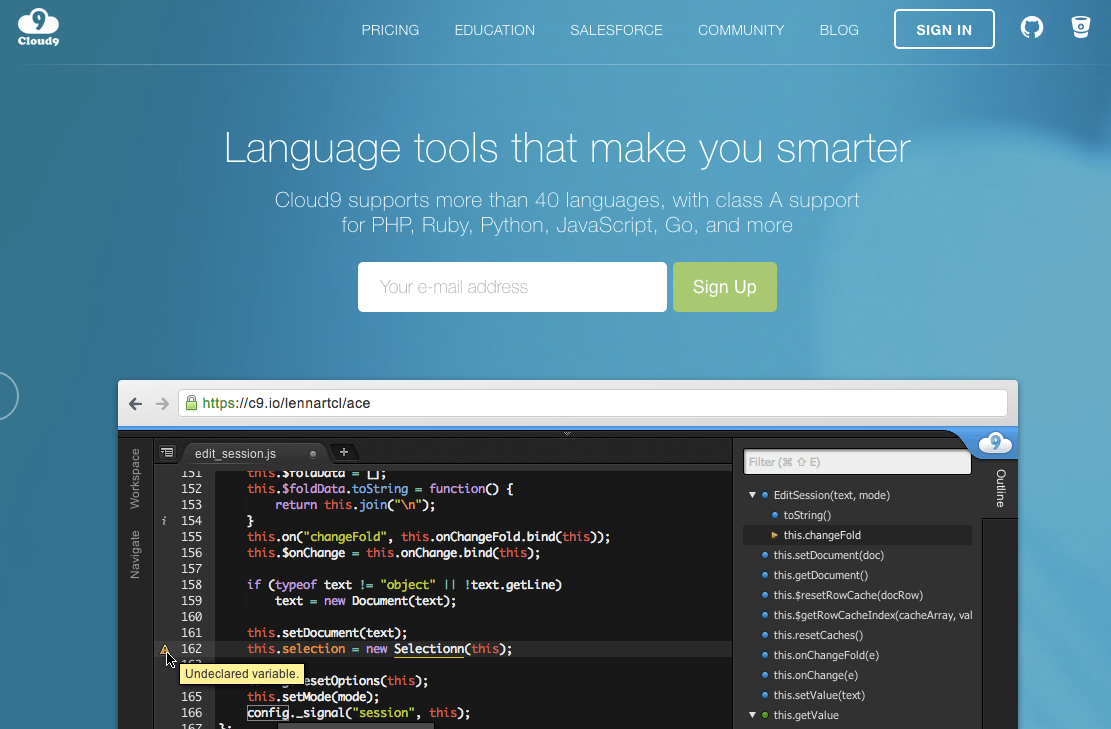
Cloud9 – An online IDE that combines a powerful online code editor with a full Ubuntu workspace in the cloud. Simply pick your configuration and develop your app. No need to spend valuable development time on system setup and maintenance.
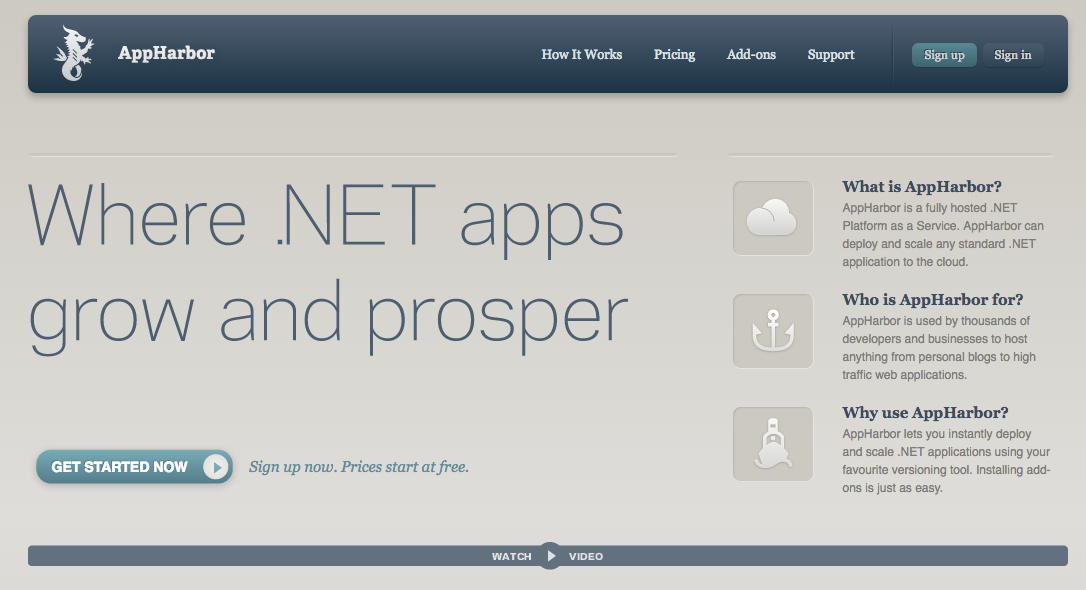
AppHarbor – Used by thousands of developers for everything from simple blogs to high traffic web applications, AppHarbor is a fully hosted .NET Platform as a Service. This PaaS can deploy and scale any standard .NET application to the cloud.
Other Options
Parse – Another mobile app platform
Koding – Browser-based IDE
Codeanywhere – Online code editor
NeptuneIDE – Full-featured, cloud-based IDE for PHP
Cloud IDE – Code and deploy in the cloud
Bug Tracking, Feedback, and Monitoring
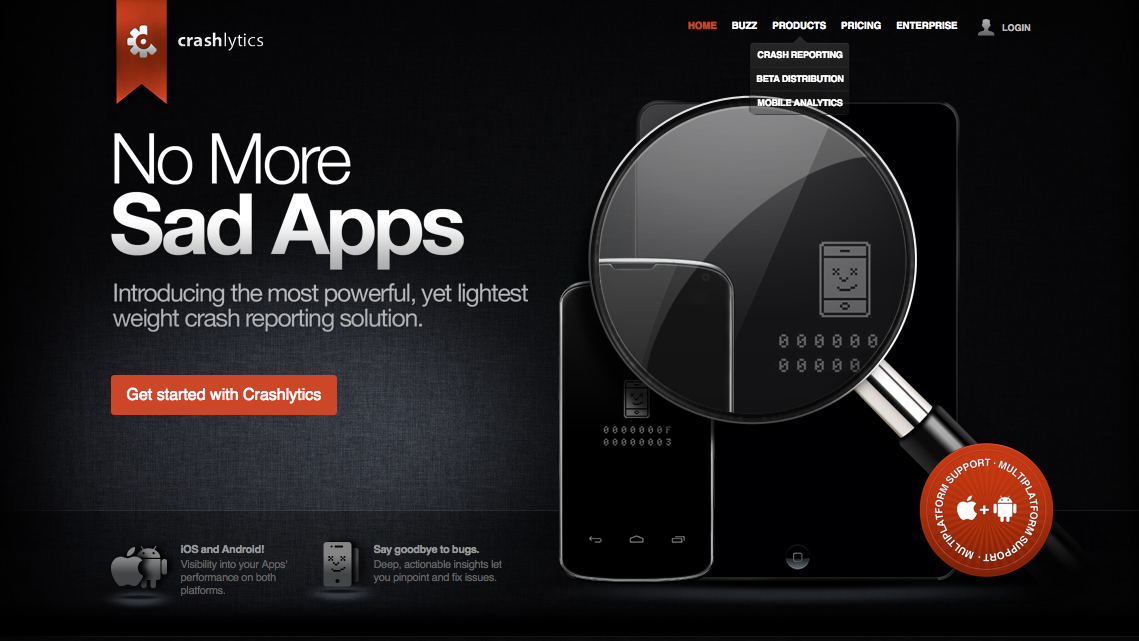
Crashlytics – This powerful and lightweight crash reporting system for iOS and Android is perfect for mobile app developers who need to work out the kinks in their system before, during, and after launch. Every crash report is analyzed and every bug tracked so that you don’t have to do it.
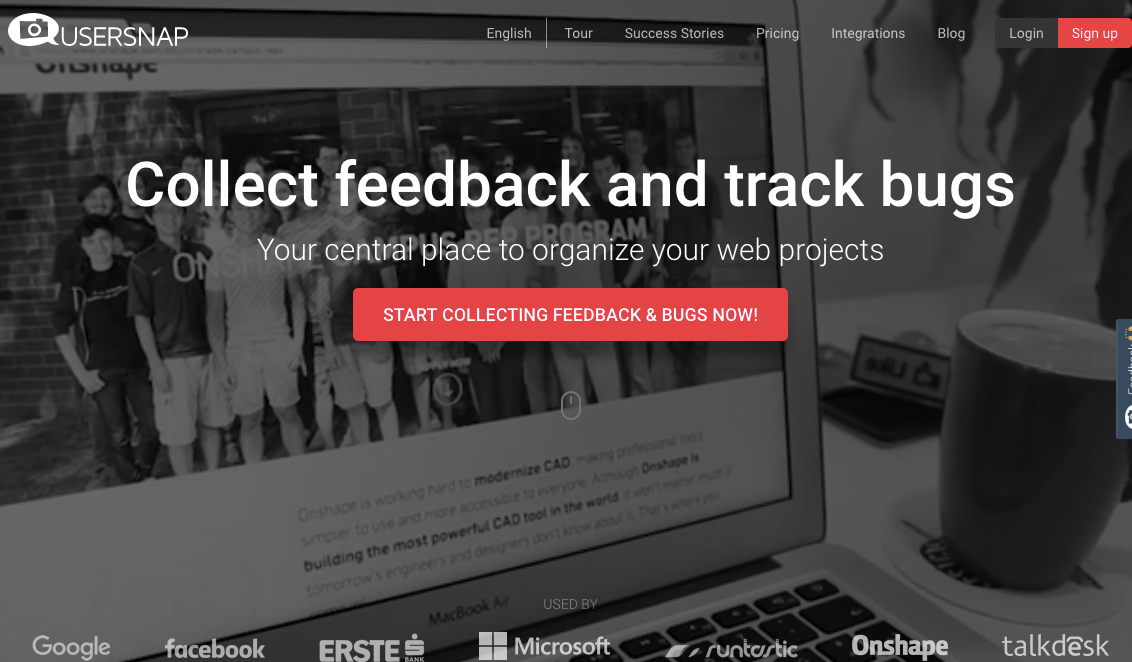
Usersnap – If you’re more of a visual person and you prefer snapshots to track bugs or share potential issues with your team (or clients), then Usersnap is a great option. Organize your web projects and create screenshots of any potential problems.
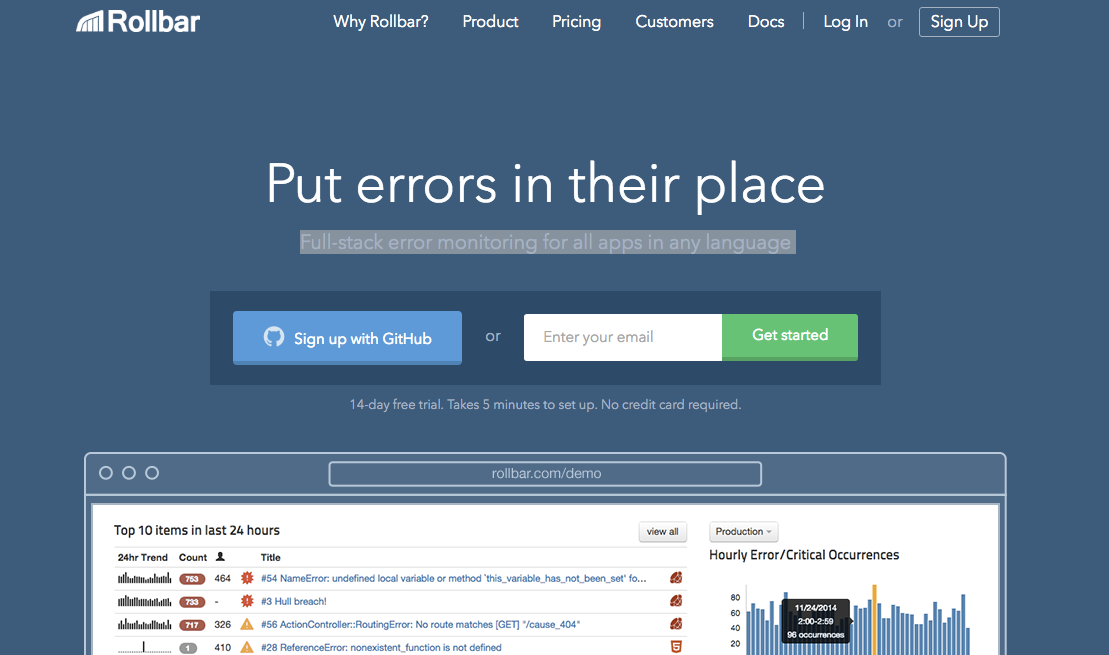
Rollbar – Rollbar collects errors that happen in your application, notifies you, and analyzes them so you can debug and fix them in real time. Works with Ruby, Python, PHP, Node.js, JavaScript, and more. It’s “Full-stack error monitoring for all apps in any language.”
Other Options
New Relic – Web application performance management (APM)
Bugzilla – Server software to help you manage software development
BugHerd – Tracks bugs and allows you to capture and share feedback
Snowy Evening – Bug and issue tracking with Github integration
APIs

Twilio – Twilio is a cloud communications platform for building SMS, Voice, and Messaging applications on an API. Embed messaging, voice, and video in your apps with their API, and the best part is that you can get started in as little as five minutes. So, if you’re in a rush, you have help.

Cloudeo – If you’re into geo data, then this is the perfect solution for you. Cloudeo is another SaaS that allows you to rent, evaluate, and stream geo data in all of your applications. It’s a unique option for developers needing to include more complicated APIs like this.

Embedly - On the simpler side of things, Embedly delivers ultra-fast and easy to use products and tools for richer sites and apps. Convert standard URLs into embedded videos, images, and more to engage your audience through rich media.
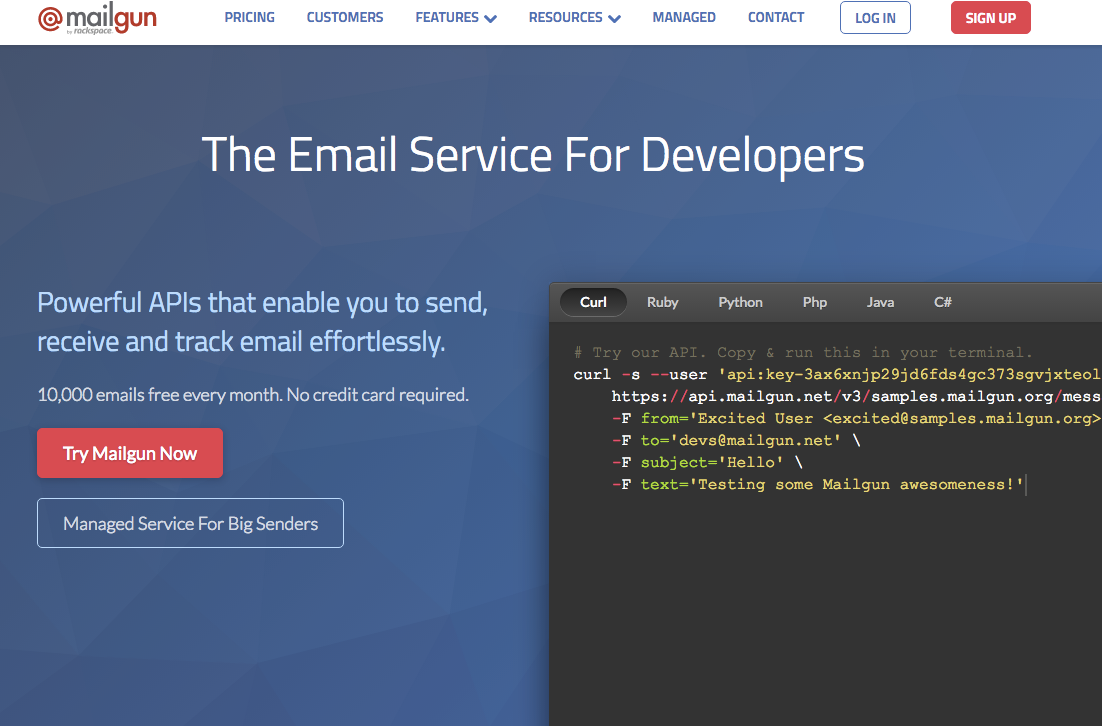
Mailgun - Mailgun is a surprisingly powerful API that lets you send, receive, and track email effortlessly. Easy SMTP integration and a simple, RESTful API removes the messy details of sending transactional or bulk email. Everything is built API first with a focus on simplicity and compliance to standards.
Other Options
PubNub – Cloud-hosted messaging service for real-time apps
Final Thoughts
Finding the right app, platform, or tool to help you get through projects isn’t easy. A lot of it depends on preference, working style, and sometimes the power of the tool itself to get the job done.
But one thing’s for sure: If you need help moving a project along, there’s probably a tool for that.
This is great for developers who want to get things done as fast and easy as possible. Or at the very least, it can inspire you to create a SaaS, BaaS, or PaaS of your own to help other struggling developers get the job done.